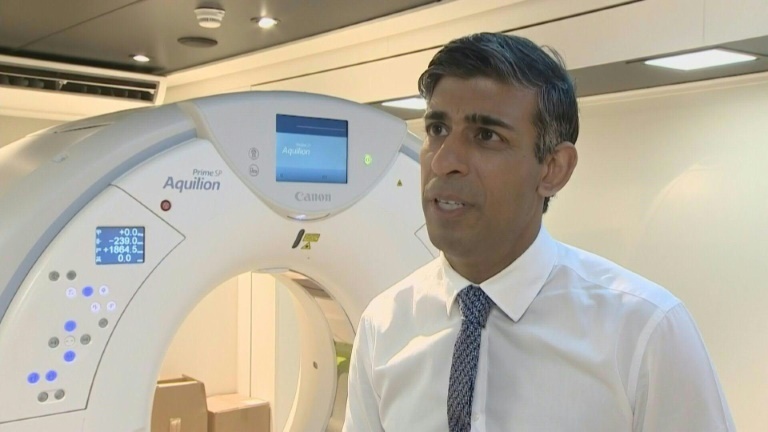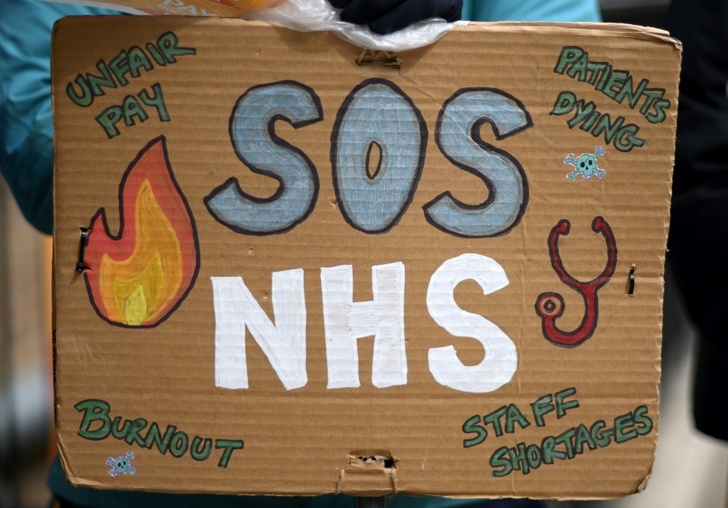The UK's performance on key health metrics is a "serious concern" and lags comparable countries, according to a report released to mark the 75th anniversary of the National Health Service (NHS).
The report by the King's Fund charity compared the health systems of 19 similar countries, and cited Organisation for Economic Co-operation and Development data that showed the UK performed worst in fatality rates for strokes and second-worst for heart attacks.
"It should be a serious concern for political leaders and policymakers that the UK health system continues to fall behind so many of its peers," said the report, commissioned by the Association of the British Pharmaceutical Industry.
"The UK performs worse than many of its peers on several comprehensive measures, including life expectancy and deaths that could have been avoided through timely and effective health care."
The Netherlands and Canada performed best in the ranking.
"On healthcare outcomes specifically, both for the outcomes that a system can control and those wider measures that rely on services that keep us healthy... we lag behind our peers," said Siva Anandaciva, the report's author.
"We are not by any means where we should be."

The report also found that the UK has a "strikingly low number of both nurses and doctors per person compared to its peers" and was also lagging in terms of capital investment and equipment.
The UK has "far fewer units" of computerised tomography (CT) and magnetic resonance imaging (MRI) scanners than comparable countries, although the report's data does not fully capture scanners in the private sector.
While Japan has 166.7 scanners per million head of population, the UK only has 16.1.
The UK also has relatively few hospital and intensive care beds compared to the average of similar countries, with around four times fewer per capita than Germany.
Capital infrastructure was "absolutely crying out" for investment, said Anandaciva.
The NHS, which treats more than one million people a day in England alone, will turn 75 on July 5.
It was the first universal health system to be available to all, free at the point of delivery, when it was created in 1948.
Critics accuse the Conservative government of starving the NHS of funds for years, contributing to Britain suffering a higher death rate during the Covid pandemic than peers such as France and Germany.
A national inquiry is now probing the government's handling of the pandemic -- although former finance minister George Osborne last week denied that his austerity policies made it worse by underfunding the NHS.
jwp/jit/rox/gil
© Agence France-Presse
Your content is great. However, if any of the content contained herein violates any rights of yours, including those of copyright, please contact us immediately by e-mail at media[@]kissrpr.com.
Source: Story.KISSPR.com

